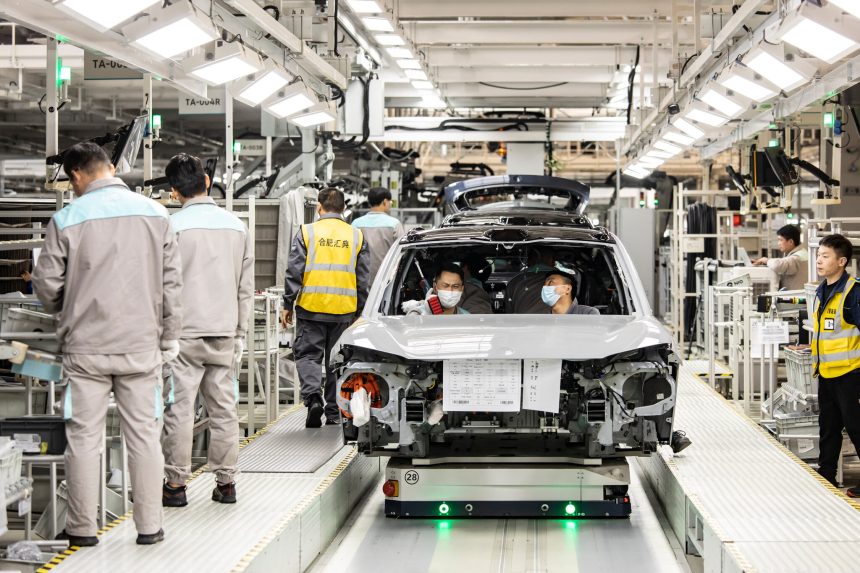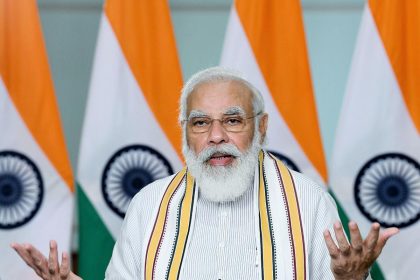What Mexico Is Planning
The Mexican government has proposed raising tariffs on cars imported from China—and other Asian countries without free trade agreements—to 50%, up from the current rate of about 20%. The change is part of a sweeping import tariff overhaul, targeting over 1,400 product lines (from vehicles and auto-parts to textiles and electronics) encompassing roughly US$52 billion in imports. The aim announced by Economy Minister Marcelo Ebrard is to protect domestic manufacturing jobs and to counter what Mexico claims are unfairly low-priced Chinese imports.
Beijing’s Response: «Acting Under Coercion»
China has strongly protested, accusing Mexico of acting “under coercion to constrain China or undermine China’s legitimate rights and interests under any pretext.” The Foreign Ministry called the policy “unilateral” and warned that Mexico should “think twice” before taking steps that could damage bilateral trade relations.
Mexico’s President Claudia Sheinbaum pushed back, insisting that the measure is not a reaction to U.S. pressure nor aimed specifically at China, but instead part of her administration’s broader industrial strategy (referred to as “Plan México”) to strengthen domestic production and reduce dependence on foreign imports.
Why the Tariffs Now
There are several key drivers:
- Protecting jobs and industry: Mexico’s economy has seen rapid growth in imports of Chinese cars, which local automakers argue are priced in a way that their domestic production can’t compete with. The tariff hike is meant to shield jobs in the automotive sector.
- Trade relations with the U.S.: Analysts see the move in part as Mexico responding to U.S. concerns that China is using Mexico as a “back door” to bypass U.S. import tariffs. By restricting Chinese imports more aggressively, Mexico may be seeking favor or accommodation from Washington.
- WTO compliance: Mexico is using the maximum tariff rates allowed under World Trade Organization (WTO) rules for countries with which it has no trade agreements. The government claims the plan is consistent with international trade norms.
Potential Implications
- Impact on the electric vehicle sector: Companies like BYD and Tesla are likely to be among the hardest hit. Both export Chinese-manufactured vehicles into Mexico. Legacy U.S. automakers may face less disruption, particularly if they have domestic or North American production sources.
- Consumer prices and inflation: The tariffs may translate into higher costs for imported cars, and possibly in related industries. Mexico will need to balance protection of local jobs with the risk of increasing prices for consumers.
- Diplomatic fallout: China has warned of retaliation and damaged trade ties. Mexico may face pressure from Beijing, and potentially from other Asian nations similarly affected by the policy.
- Economic and political balancing act: Mexico is trying to navigate between protecting its industrial base, maintaining good relations with China (an important trade partner), and managing its relationship with the U.S., which remains its largest trading partner. The move may also influence negotiations under USMCA (the U.S.-Mexico-Canada Agreement) and trade dialogues in the region.











